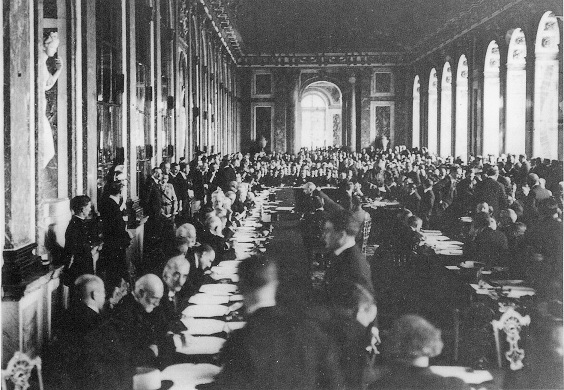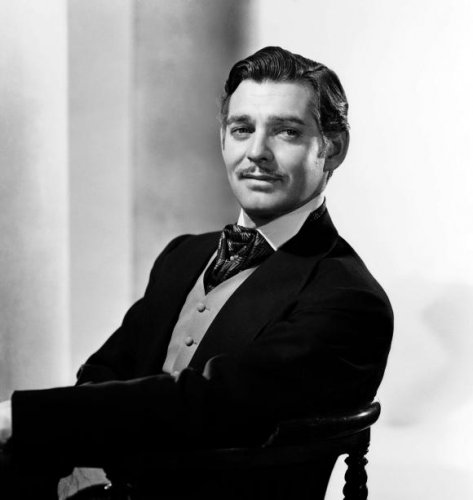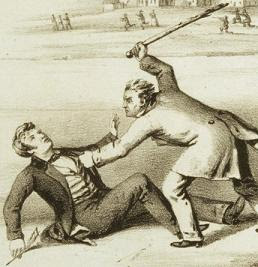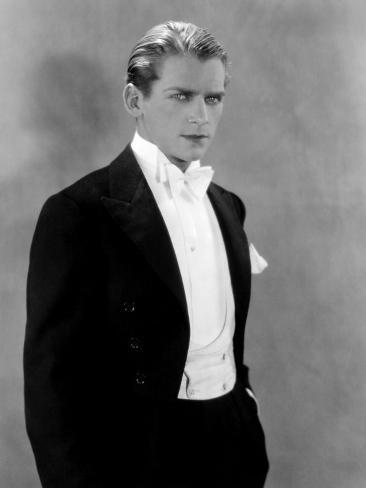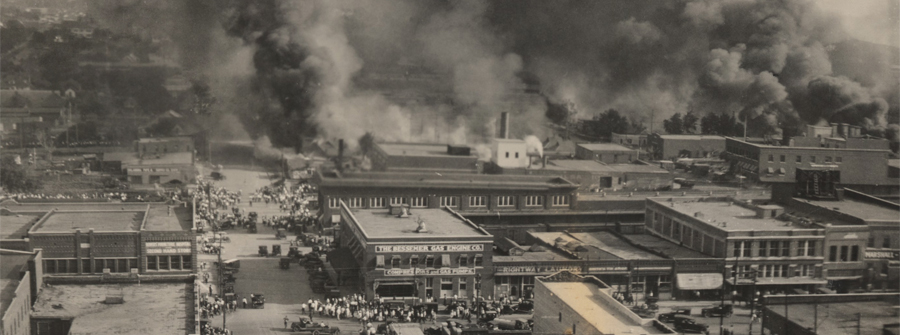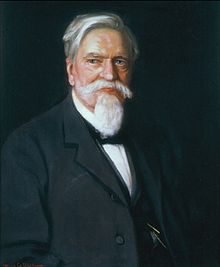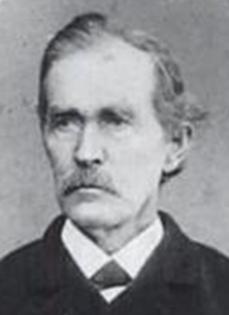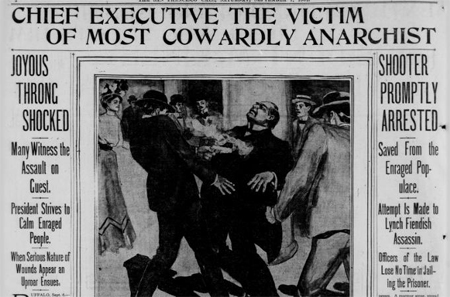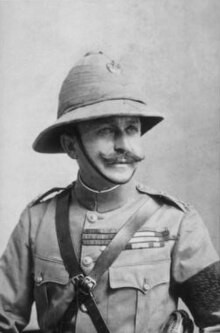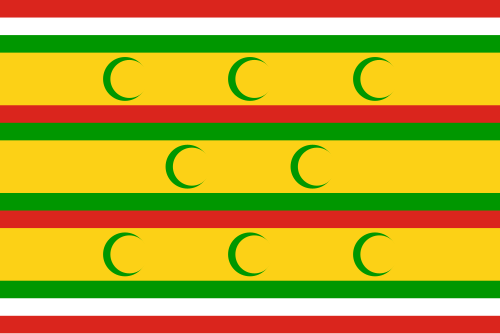^ Its unfortunate that i'd be so hard for blacks to get out of the Colombian nations, but I hope at least some will be able to find a better life. Hopefully, race-relations might improve after the war between the Columbians and the Union, but since this is a dystopia well have to see. Its also sad they have little to no chance of escaping the Union, but I'm somewhat comforted by the fact the Republic Union will get its just desserts before long. Since Custer is dying soon, can his death be as hilarious and over the top as Goodyear's?

Also, cant wait to here more about Canada and California.
Anyways, here it is, the second Africa update.

For those who missed the first Africa Chapter,
here it is. Also, this
1875 map and this
1896 map should help when vizualizing things and such.
Oh, as per your PM question Napo, the Egyptian Empire will be in the next Africa update.
The Race for Africa
Part Two (1865-1890)
A French political cartoon from around 1885, commenting on Prussia's (personified by Chancellor Otto Von Bismark) increasingly aggressive and competitive attitude in the Franco-Prussian Great Game, while the rest of Europe looks on
"I have thought some more, since then, and I have read carefully the different treaties between the European powers, themselves and the natives, and I have seen that we do not intend to free, but to subjugate the people of Africa. We have gone there to conquer, not to redeem. It should, it seems to me, be our pleasure and duty to make those people free, and let them deal with their own domestic questions in their own way. And so I am an anti-imperialist. I am opposed to having the eagles, be they Franco-Spanish or Prussian, put there talons on any other land. The same goes for any other European power."
Virginian author, humorist and politician Samuel Clemens in his essay, "The Emperor's Folly", December 13, 1887
The Franco-Prussian Great Game
One of the most important sagas of the Race for Africa was the Franco-Spanish-Prussian Great Game, a period of intense colonial rivalry across the world, specially in Africa but also in Asia and other places, between the two greatest European superpowers. The Great Game continued into the late 1860's and the 1870s, with things heating up particularly in the early and mid 1870s. The Franco-Spanish Empire continued to establish more cities and trading posts along the North coast of Africa, and in 1873 took their expansion one step further. France-Spain embarked on a military expedition in the Horn of Africa in an effort to finally have a power-base in the region, conquering many of the northern Somali emirates as well as the Yemeni islands of Socotra. These colonies would increase France-Spain--and later the Empire's--trade power in the Indian Ocean. As a side note, Prussia's Empire would not catch up in overall power to the Franco-Spanish Empire until at least the mid-1890's, when the later became the Tripartite Empire.
Meanwhile, the Prussian Empire was also flexing her muscles on the African continent during that very same time. With new advancements in medicine and weaponry coming in the late 1860's and early 1870's, Prussia finally felt confident enough to colonize further into the Congo. So, with new powers at her disposal, Prussia would keep on pushing into Africa, colonizing the land around the basin of the Congo river by the foundation of new cities, military bases and trading posts. Fighting against restless tribes also occurred, but the odds were all in Prussia's favor due to more advanced weaponry. By 1875, a great deal of land around the Congo River basin was colonized, with the lion's share of the Prussian Congo being colonized and settled by the mid 1880's. The colony of the Prussian Congo (which included oddly enough some outer regions not a part of the Congo region) would be fully colonized by the early 1890's. However some problems remained during the over twenty-year colonization process, such as restive tribes continuing to harass the Prussian settlers and adventurers, making colonization a bit more difficult than thought, but not by that much in the long run.
Congolese natives attack a Prussian steamship, circa 1880
However one native kingdom would continue to be particularly troublesome. This was the Yeke Kingdom in Katangaland, lead by their persistent and stubborn founder and ruler named Msiri. When the Prussians and the Yeke first butted heads in 1886, the Prussians were at first at a disadvantage due to a shortage of supplies and manpower. The Yeke kingdom fiercely fought off the sporadic Prussian excursions, brutally massacring any who dared step foot in the Kingdom. The Prussians tended to stay out of Msiri's way for this reason, but this all changed in three years when a great number of reinforcements of settlers and soldiers arrived to pacify the region, and a new Prussian army under Austrian born Prussian adventurer Rudolf Carl von Slatin, who (with the help of Portuguese volunteers) finally killed Misiri in battle at his capital of Bunyeka. Katangaland was finally open for Prussain settlement. Small areas of the region would be colonized by the Portuguese Confederation, which sought to spread from the opposite coasts of Africa.
Msiri, founder and ruler of the Yeke Kingdom
Carl Rudolf Von Slatin
Prussia also began to colonize some land in south-west Africa in 1874, just above Dutch South Africa. After a sizable number of towns were founded, the colony was dubbed Kaiser Wilhelmsland in 1881, and a new city and capital for the colony was founded. This new city was simply named Port Wilhelmsland
(OTL's Walvis Bay), and would become a major commercial hub in the coming years. While this was going on, the Dutch were not pleased that the Prussians were colonizing land seen as in their sphere of influence. Amsterdam and Lodewijksville sent silent protests, but there was little they could do, and eventually came to an agreement with Prussia as to the borders of the the colonies in 1890, relations between the two nations improving greatly as a result.
The Italians Get Their Slice of the African Cake
The Italian kingdoms were the first of the more minor European nations, in this case Bonapartist Franco-Spanish puppet states, to want and then get a piece of the large African Pie. Specifically, the Kingdom of Italy got theirs in 1867, when, as an act of goodwill and to keep the Kingdom on their side, the Franco-Spanish Empire gave the Kingdom of Italy permission to colonize some small land in north-east Africa, near some of France-Spain's existing outposts. This land was dubbed Italian Senegal in 1870, and while it was the Kingdom of Italy's only colony, it would prove a prestigious one at that due to the large amounts of gold and other valuable trade items the colony contained, making the Kingdom of Italy's coffers overflow. Senegal would be completely colonized and have finalized borders by 1888, all the while proving a worthy investment.
In 1873, the Kingdom of the Two Sicilies, somewhat jealous of their northern neighbor's new colony, wanted to get in on the game as well. They got just that when the Franco-Spanish Empire, not wanting to see the other of the two major Italian puppet states feeling left out, allowed the Two Sicilies to embark on a military expedition against the Swahili City states, also due to the fact that France-Spain had no interest at all in the region and would much rather have the land in the hands of an ally, than say, a rival or potential enemy (in other words, Prussia). France-Spain would allow the Sicilian military to handle the expedition on their own, with Caesar giving a good deal of support in the form of weapons and volunteers. After some brief preparation, the Swahili City states finally came under attack on November 1, 1873. Sicilian soldiers under the command of a rising Nice-born Sicilian general by the name of Giuseppe Garibaldi, with the help of several French and Swiss regiments, attacked a great number of southern Swahili city states. The war was a quick and easy one due in part to the power of surprise the Sicilians had over the African natives, lasting only two months and ending on January 3, 1874. The war while brief bough great fame to Garibaldi, who would be known as "l'eroe d'Africa". He would later serve as the Prime Minister of the Two Siciles during the Tripolitanian War, further cementing his status as a hero of the Sicilian Empire.
Meanwhile, of the nations in the region of the southern Swahili states, the Sultanate of Zanzibar was left alone, due to the fact that the Two Sicilies had no particular interest in it at all. It would be one of the few independent nations in Africa, along with the Egyptian Empire, during the Race for Africa.
Giuseppe Garibaldi, "l'eroe d'Africa"
Flag of the Sultanate of Zanzibar
The Dutch-Zulu War
While Dutch South Africa continued to expand, conflict inevitably came between the Afrikaner settlers and the Zulus, one of the most influential native African nations in the region. At first, conflict only came in the form of skirmishes in the mid to late 1870s, but things finally escalated on day on July 27, 1880. Accounts of what exactly happened vary, but all that is known is that a tribe of Zulu warriors, perhaps acting without permission, attacked an allegedly defenseless Boer caravan. Who instigated the fight would never be known, but the known news that the Zulu warriors massacred woman and children infuriated the government in Lodewijskville. When the Colonial Parliament asked the mother country for permission to "rid the Zulu nation once and for all", the young King Louis II happily went along, eager to expand the Dutch Empire under everyone's noses. The Kingdom of Holland declared war on the Zulu nation on August 2, 1880. While the Zulus under Chief Cetshwayo kaMpande put up a good fight, proving quite a thorn in the Dutch Expeditionary Force and local Boer armies sides, they were simply no match for Europe's militarily advanced army, as was the case with so many colonial wars. The war reached a climax on April 28, 1881, when the Dutch, having occupied most of the Zulu kingdom, reached the final outpost of Zulu resistance and wiped out the last Zulu army in less than an hour. A new town was founded on the site of battle named "New Groningen"
(OTL's Durban), and that final confrontation became known as the Battle of New Groningen.
The Zulus attack the Dutch and Boer Armies during the Battle of New Groningen
Cetshwayo and most of his family were soon afterwards imprisoned, dying one by one under mysterious circumstances. The Dutch would continue to expand into the heart of Southern Africa during the 1880's, coming into conflict with more tribes and later causing a noticeable tension between the Boers and the subjugated natives, the latter who would eventually find themselves as second class citizens in their own land.
Other Powers
The Portuguese Confederation's main goal in the Race for Africa was to make the push from the east coast to the west coast of Africa, and to build "a railroad from Luanda to Maputo". After gaining enough resources to do though, they starting doing just this beginning in 1883. Things went well for the most part, with most tribes falling into line quickly, except for the Yeke Kingdom under their ruler Msiri. However, after his kingdom collapsed in 1889 at the hands of the Prussians, the Portuguese continued to expand into small areas of Katangaland, reaching from coast to coast by Christmas of 1889. Now all that remained was for the railroad to be built.
Outside of Portugal, Denmark continued to expand in the Gold Coast region. In 1871 the Danish West Africa Company (
"Dansk Vestafrika Kompagni" in Danish) was founded in an effort to gain more profit from the colonies goods, a scheme which indeed did work. The Danish continued to expand the colony of Danish West Africa deeper inland during the 1880s, and even went on to conquer the Nigerian region by 1890.
